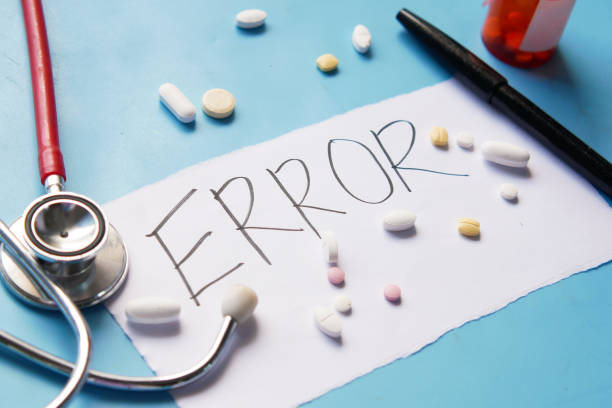Pharmacy changes almost daily. As a busy, independent pharmacist, you know that some changes are good, and some aren’t. Good or bad, you’re a master at problem solving. You know that obstacles that arise are ways that you can learn and grow. They’re vital elements to your success.
Listed below are a handful of the most notable pharmacy problems and some ways to conquer them.
Big-Box Pharmacies
Big-box pharmacies are everywhere, and they make up nearly 45 percent of the prescription market. However, independent pharmacies have something they don’t— a personal touch.
You run a small business. That means you can deliver unique and personalized care to all of your patients. So, the best way to compete against retail pharmacies is to focus on improving your store’s services. Your job is to listen to your patients and community and be their healthcare destination for all of their needs. If you make your patients happy and ensure that staff are as well, you’re delivering exceptional healthcare services.
Drug Shortages
Drug shortages are nothing new. Everyone’s bound to run out of a key ingredient at some point. They’re just part of the job. According to Statista, 66 percent of drug shortages in the U.S. in 2021 had to do with injectable drugs. Most drug shortages are out of your control, so it’s best to plan ahead. Focus on the most dispensed medications in your pharmacy, maybe ordering a little extra.
If there is a shortage, call other pharmacies in the area to see who has the medication. That way your patients aren’t completely without their medicine. Don’t worry, though. Loyal customers always come back.
Staff Shortages
According to the U.S. Bureau of Labor Statistics, the healthcare industry has lost nearly 500,000 employees since 2020. A lot of those who left their jobs were pharmacy technicians who were overworked and cited inadequate compensation. Such staff shortages affect more than just the pharmacy and its staff. They create a snowball effect that thwarts workplace efficiency and customer service. Lines get longer, drive-thrus fills up, pick-up times become later, and the fill queue numbers are off the charts.
For a pharmacy to be at its best, it needs all the important components; and pharmacy techs are the essence of being a needed component.
Adaptation
A pharmacy that’s successful adapts and embraces the new. Innovation is a part of the healthcare industry, and pharmacies that stubbornly snub their noses at new ideas won’t thrive.
Today’s pharmacies have become healthcare destinations, expected to offer services outside of filling prescriptions. With the industry emphasizing clinical services, more automated services such as auto-refill, mobile app use, and specialty services such as patient counseling are quickly becoming a pharmacy norm. While all of these services require further licensing and expenditures, they’re also a financial and legal investment that may not produce profit right away. In the long run, they’ll yield fabulous results for your pharmacy, your staff, and your patients’ health.
There’s no better time than now to be proactive. Start a new service in your pharmacy, and watch as it yields profitable results down the road. The biggest reward, though, is the journey.
A Member-Owned Company Serving Independent Pharmacies
PBA Health is dedicated to helping independent pharmacies reach their full potential on the buy-side of their business. Founded and owned by pharmacists, PBA Health serves independent pharmacies with group purchasing services, wholesaler contract negotiations, proprietary purchasing tools, and more.
An HDA member, PBA Health operates its own NABP-accredited secondary wholesaler with more than 6,000 SKUs, including brands, generics, narcotics CII-CV, cold-storage products, and over-the-counter (OTC) products — offering the lowest prices in the secondary market.












